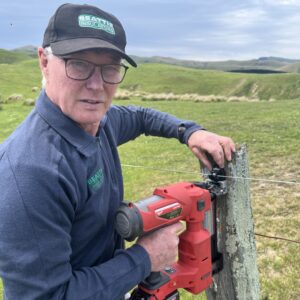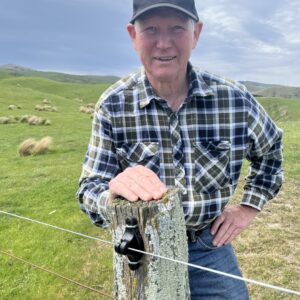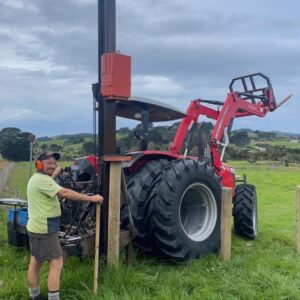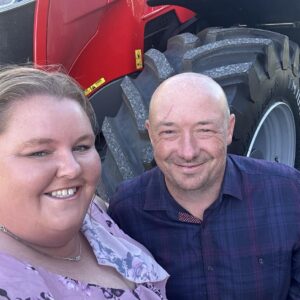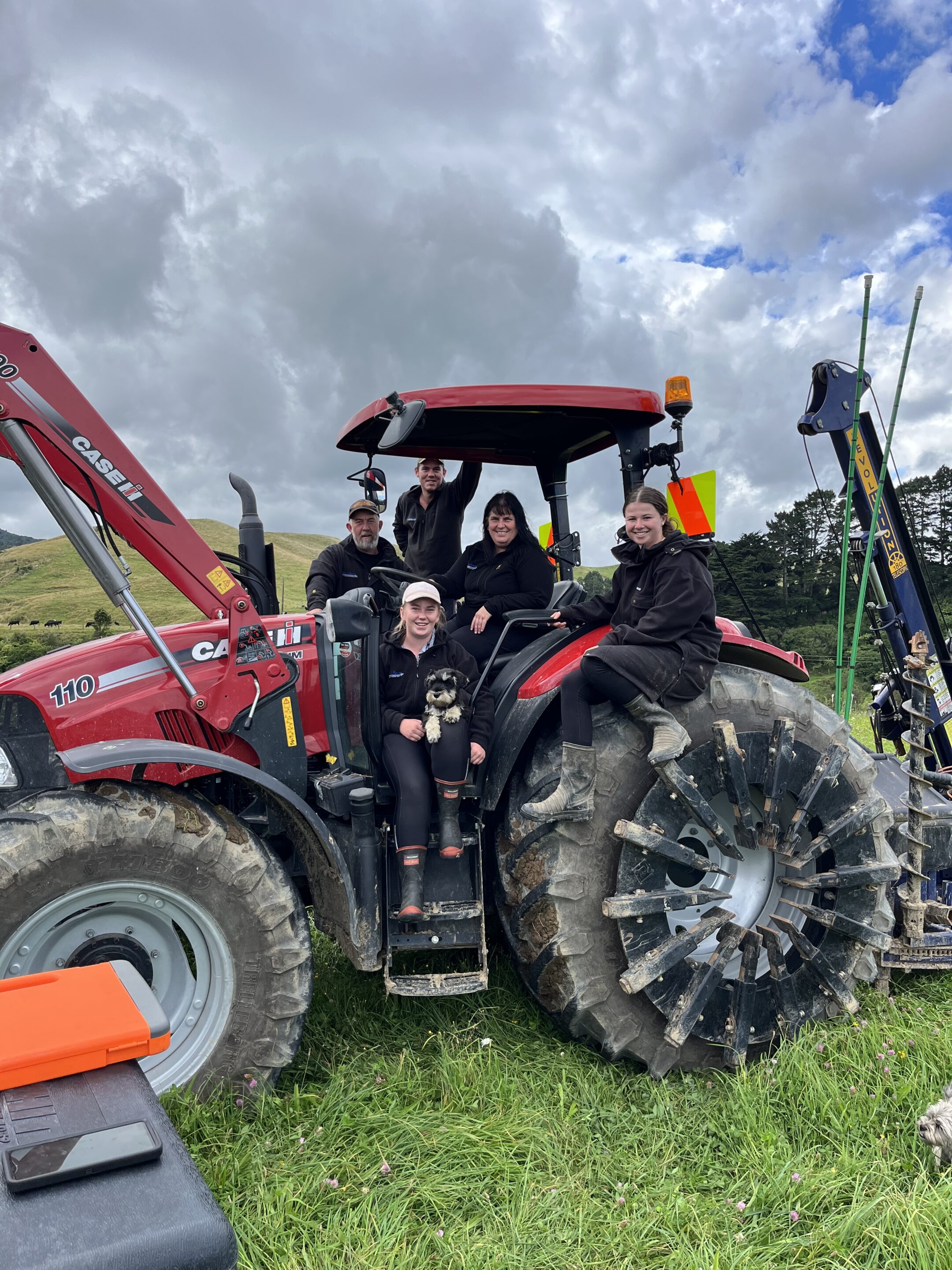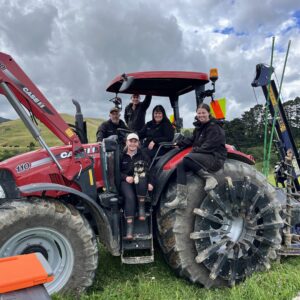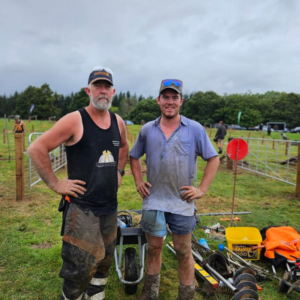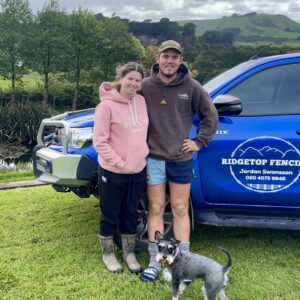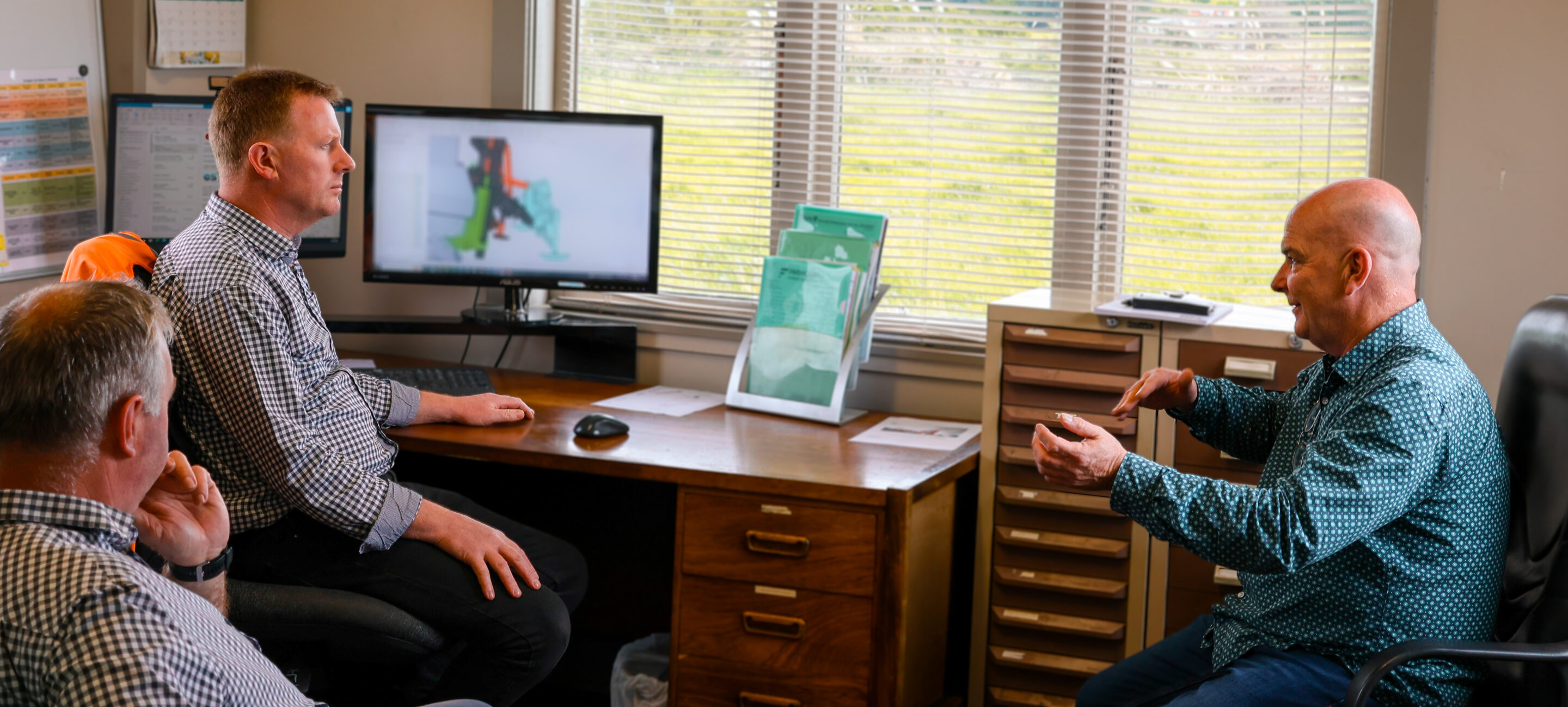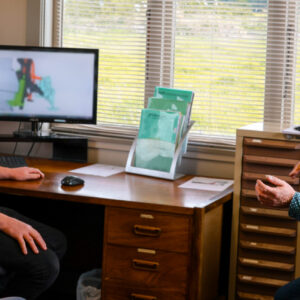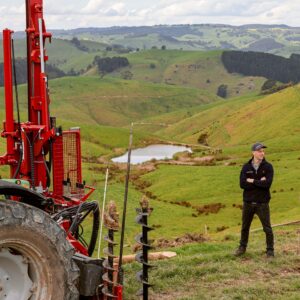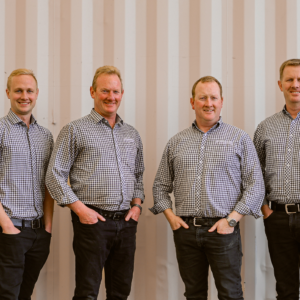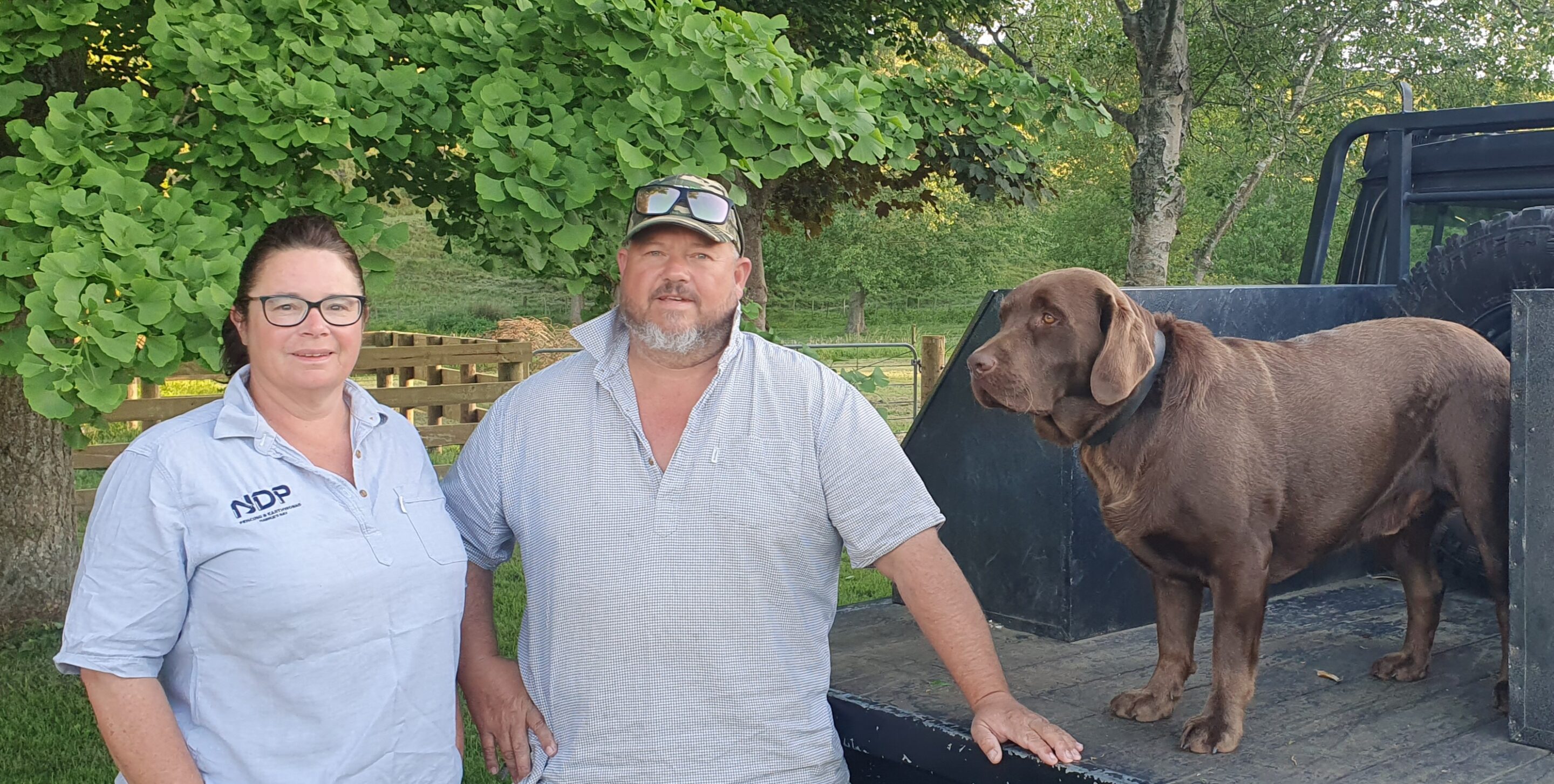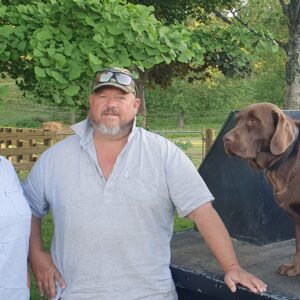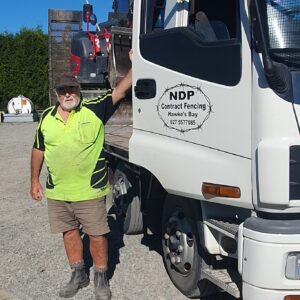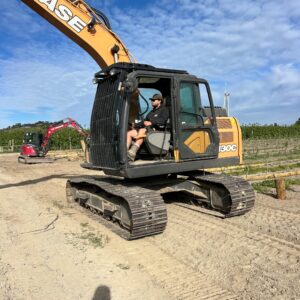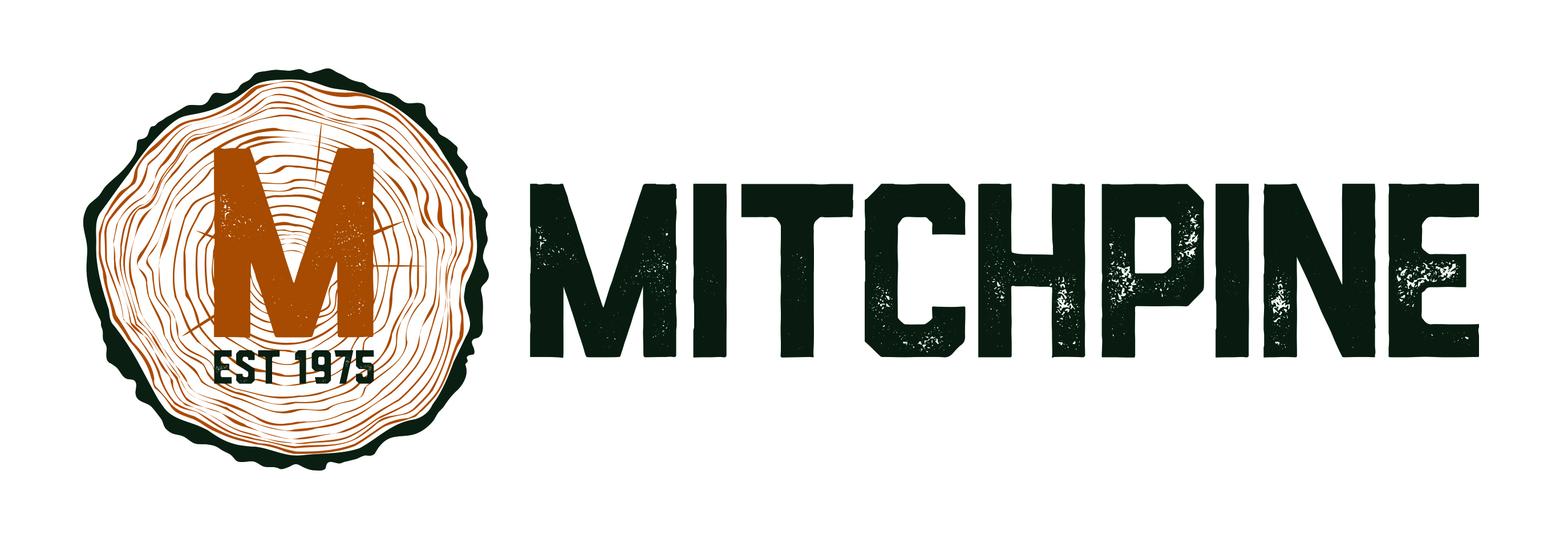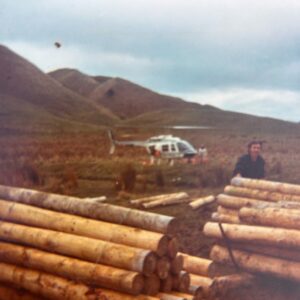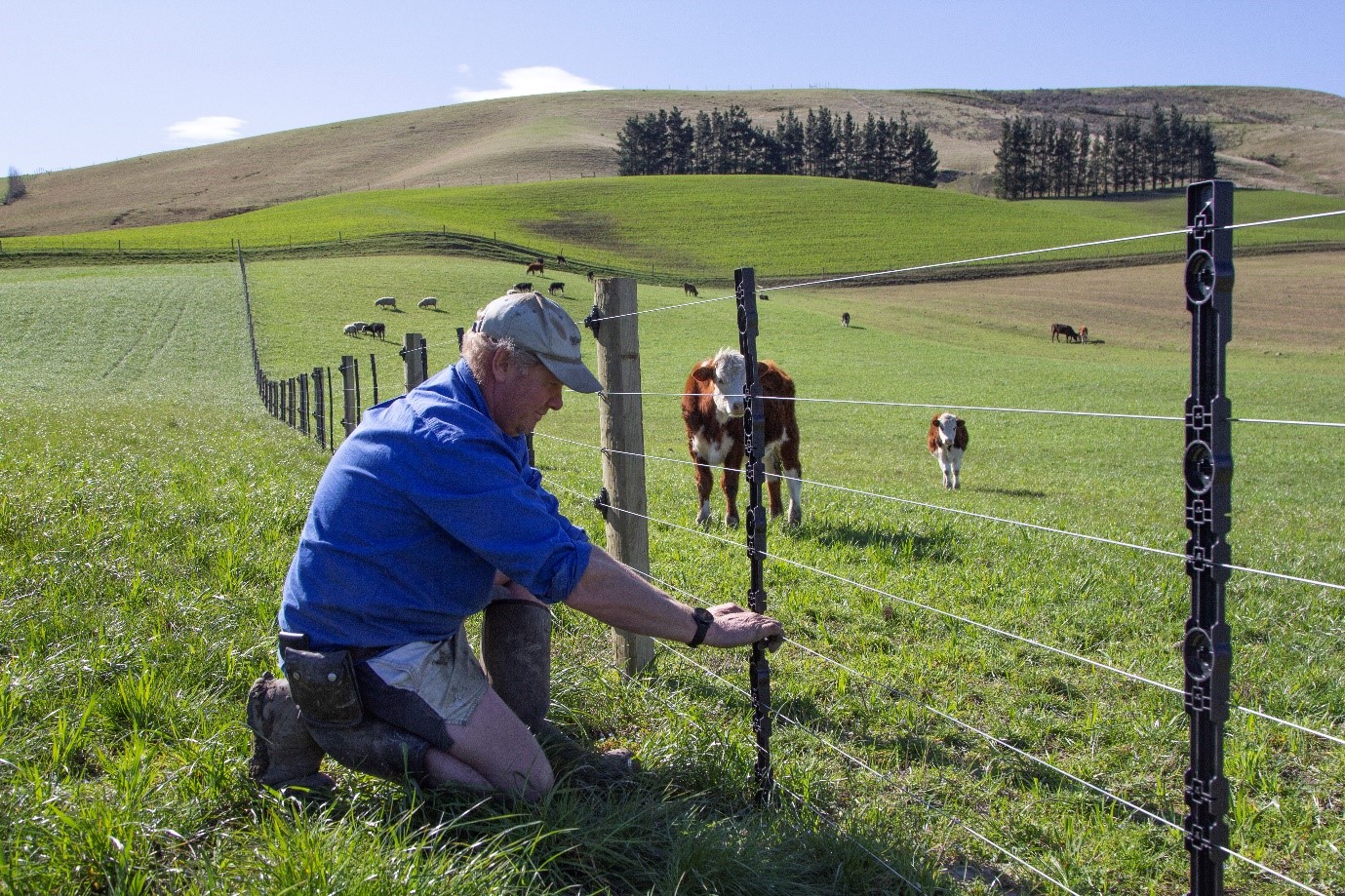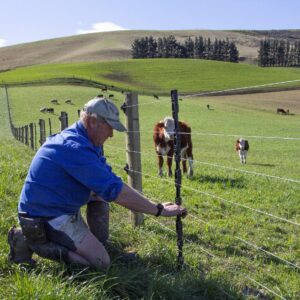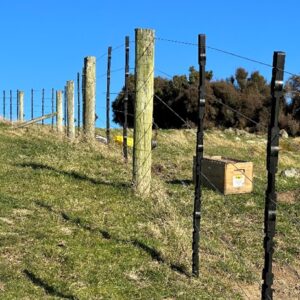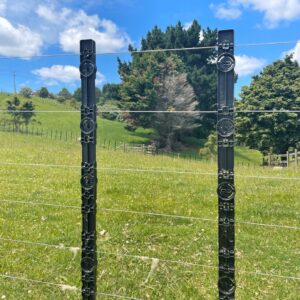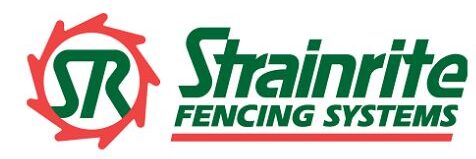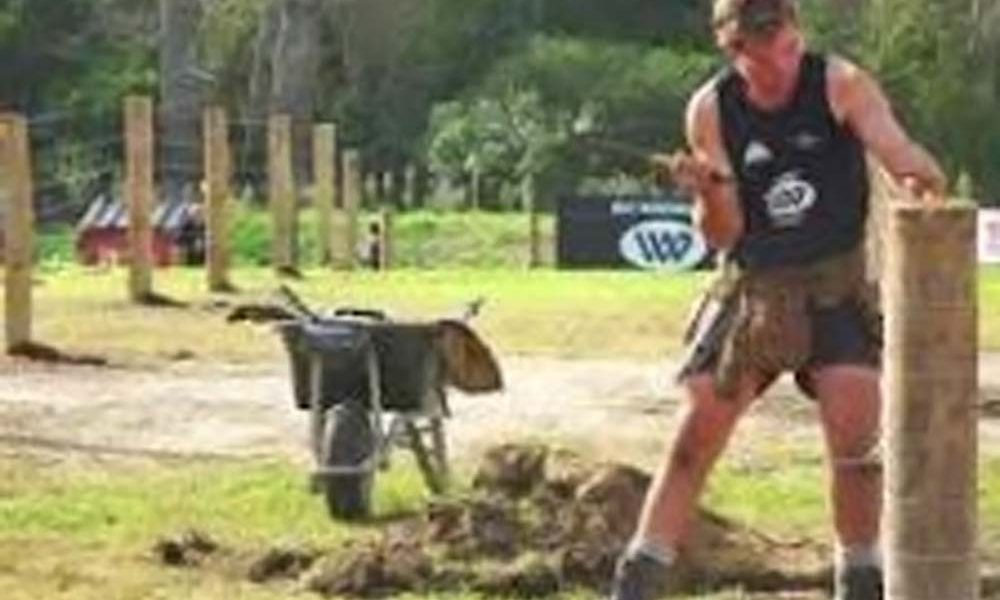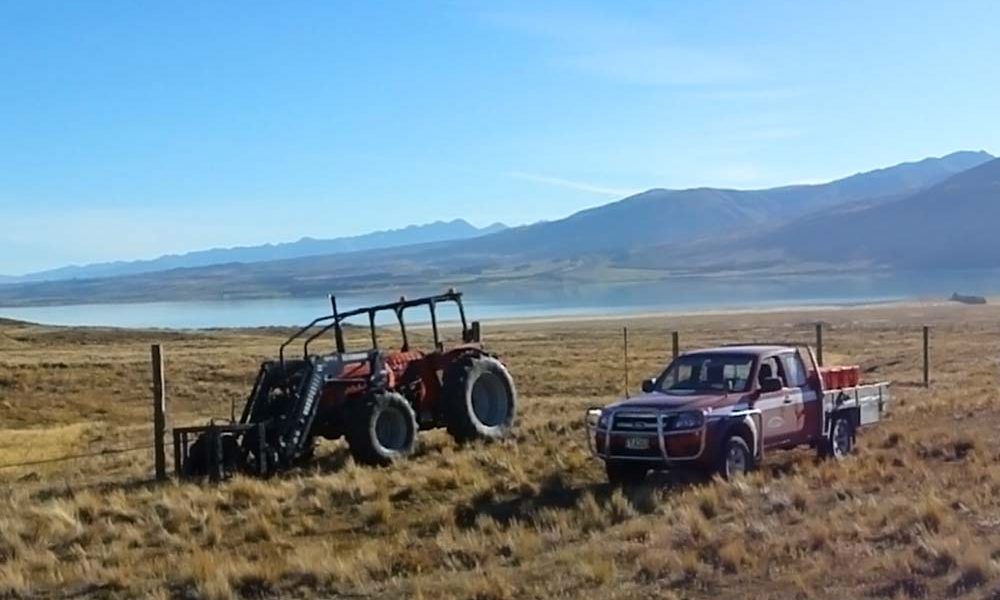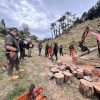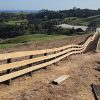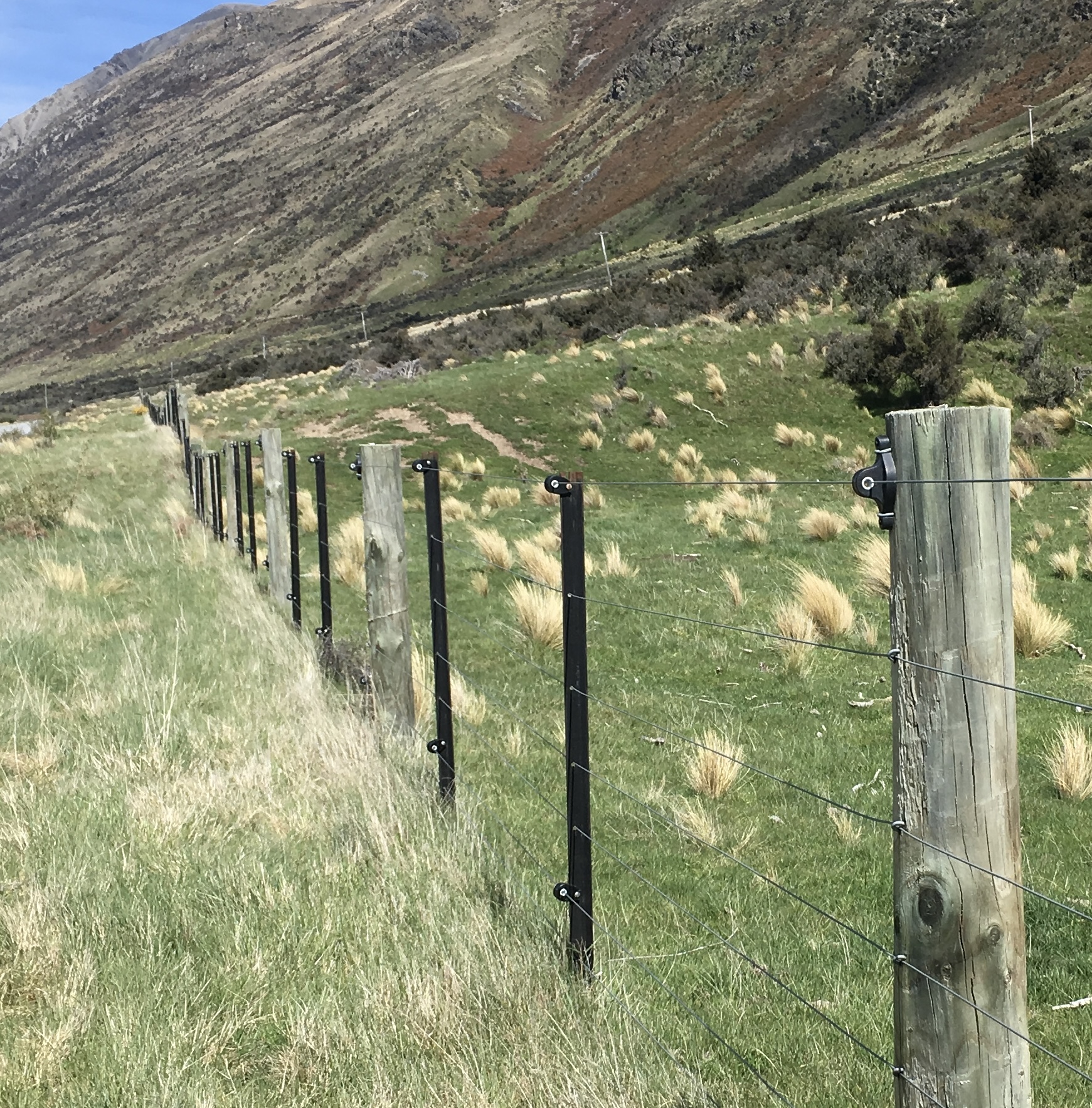
A farmer’s innovative solution for electric fence insulators more than 65 years ago went on to create a family legacy that remains strong today.
It was in 1958 at ‘The Haldons’ high country station in Seddon, Marlborough, that Doug Beattie embarked on his life-long innovation journey. The 3000-acre hill country farm he managed required extensive development, and Doug was up for the task.
A key component of hill country development is good fencing. Doug had ordered 1.5 miles of Barrier chain electric fencing that used a porcelain insulator top and bottom on a steel Waratah post, with a chain running between them. But there was a seven-month delivery time.
“This set Doug’s mind going – ‘There has to be a better way’,” Ivan Beattie, Doug’s son, told WIRED magazine.
With the dry Haldon Range hills, there had to be an earth return in the fence, which couldn’t be achieved effectively with the Barrier chain system.
After a number of prototype models, the resulting invention was a plastic insulator with two lugs that bolted onto a steel ‘Y’ post.
“Doug coined this the ‘alternate earth/electric fence system’, ” Ivan said, where livestock made contact with both an electric wire and earth wire creating a completed circuit.
With three young children and on a farm manager’s salary, Doug turned to the bank to fund the product, and after much badgering, managed to secure funding. A plastic injection mould was commissioned, and the patented Insulators were custom-manufactured in Christchurch.
The budget was to sell 100,000 units to pay off the die – however, in the first year 250,000 units were sold. This gave Doug the confidence to go on and produce a greater range of insulators, Ivan said.
He soon went on to patent the Pinlock Insulators that fitted both ‘Y’ and wooden posts, later lamenting when the patents ran out, that he hadn’t copyrighted the name Pinlock. Over his lifetime Doug took out over 35 patents.
The permanent and temporary insulators were the first Beattie insulators, and the permanent insulator was originally made from high-density plastic.
Doug had noticed in those early years the material in the permanent insulator was losing its black colour and becoming brittle, while the temporary insulator made from low-density polyethylene remained completely unchanged.
Temporary insulators have been on fences for over 65 years without any signs of deterioration. The permanent insulator has now been manufactured in low-density polyethylene for 55 years.
While Doug continued to manage The Haldons, fitting in a nationwide sales trip each year with his wife Dawn, the insulators were packed and distributed by Dawn’s parents from Christchurch.
In 1964, Doug and Dawn purchased a farm in Kaikoura, moving the packing and distribution part of the business to their new home.
Upon leaving school, their sons Ivan and Roger joined the business, helping with the odd sales trip and working on the farm. They were later joined by their sister Linda, helping Dawn in the office and packing.
With Beattie Insulators being run in conjunction with the farm, the development of any new products was thoroughly tested before being presented to the market.
“Doug’s catchphrase was ‘designed by farmers for farmers’,” Ivan said.
As Doug and Dawn became less hands-on in the business, Linda took over the management role and was later joined by her son Matthew in a sales and marketing position. Doug remained actively involved in developing new products.
After Doug’s death in 2014, brothers Ivan and Roger bought out Linda’s share in Beattie Insulators. With the efficiencies of manufacturing and distribution in the same location, the business was moved to a dedicated manufacturing and distribution site in Christchurch in 2017. Today, over 90 percent of Beattie products are manufactured in-house.
All Beattie products are manufactured in New Zealand.
“As Beattie Insulators have total control over the complete manufacturing process, we have the confidence of placing a 50-year guarantee on a permanent range of Insulators.”
Ivan is involved in the day-to-day running of the business and manufacturing, and Roger, along with farming and other business interests, is involved in strategy. With two farms on the Banks Peninsula, this makes it the ideal ground for testing new products.
“Actively running a farm helps Beattie Insulators ensure we have products that work in practice and last, proof of which time has shown,” Ivan said.
Roger’s son Andrew, an economist, has been assisting in the financial direction of the business, and Ivan’s son Hamish, a mechanical engineer, has helped at times in product design. Both Ivan and Roger’s daughters have also helped in the business while at university.
Ivan and Roger work closely together on the division of labour, supplying staff on contract to Beattie Insulators.
A big swing to automation in the manufacturing process and an efficient distribution process has meant that staffing numbers have been reduced, Ivan said.
“We now mainly employ part-time staff.”
Today, the company’s wide range of electric fence Insulators and electric fence products is impressive and includes unbreakable gate handles and other gate accessories, fence reels with unbreakable bobbins, underground cable, pigtail and wire outriggers, a large range of HotTape, HotWire and electric bungi, the original Sprong electric fence gateway for centre pivots and motorbikes. It also supplies the KG prill applicator for applying prills or granules in weed control.
Under ‘Beattie Plastics’, Ivan has acquired new state of the art equipment to manufacture the Beattie products.
Ivan and Roger aim to grow the business and develop new products, along with continuing the strong relationships they have built with farmers and fencing contractors over the years.
Article written by Rosa Watson
Published in WIRED issue 75/December 2024 by Fencing Contractors Association NZ
Read WIRED online
Follow us on Facebook
© Fencing Contractors Association NZ (FCANZ)

